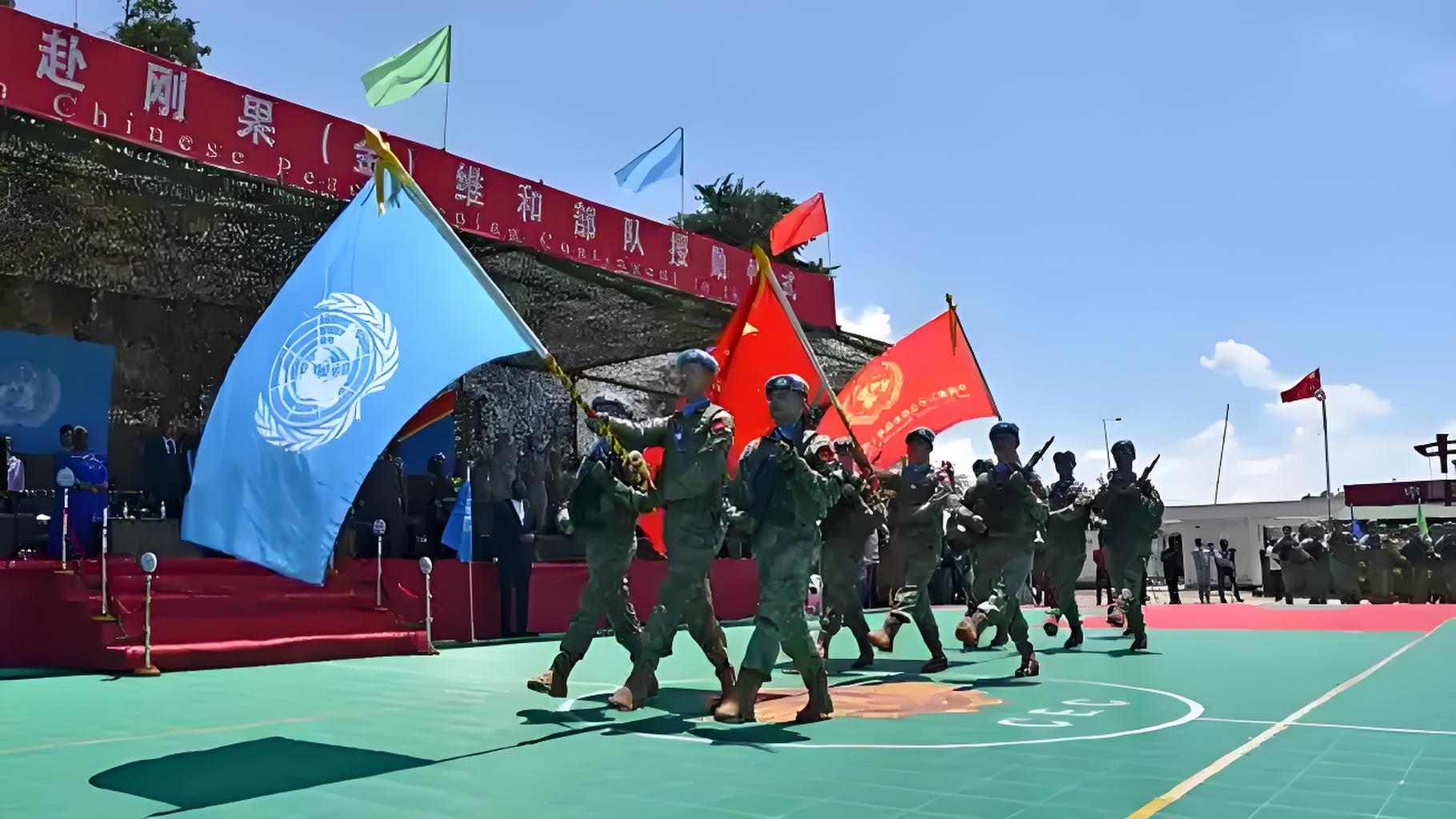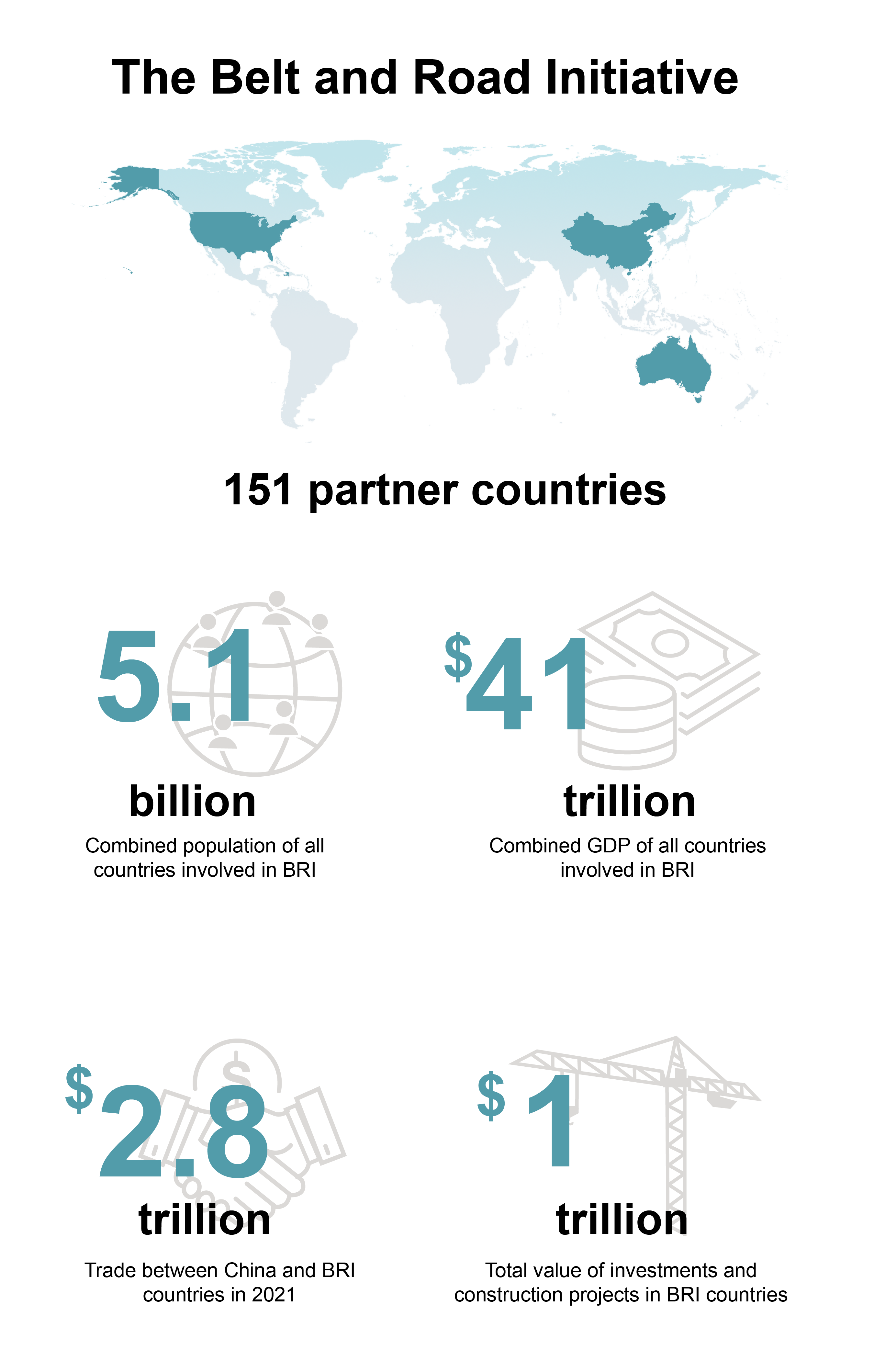
The pursuit of global peace has captivated scholars and policymakers for centuries. Numerous theories within International Relations (IR) attempt to explain the causes of conflict and prescribe paths towards peace. However, these established frameworks – realism, liberalism, constructivism, feminism, and even the positive/negative peace dichotomy – often fall short when confronted with the intricate realities of the global landscape. Here we will explore the inherent limitations of these traditional approaches and contrast them with China's emerging "peace through development" model, highlighting its unique strengths and potential, while acknowledging its challenges.
Traditional IR theories often struggle to provide comprehensive and effective solutions to the complex web of factors driving conflict. Realism, with its emphasis on power politics and a pessimistic view of human nature, often overlooks opportunities for cooperation and peaceful resolution. Its state-centric focus neglects the influence of non-state actors and transnational issues like climate change, which demand collaborative solutions. Moreover, with an emphasis on peace through a balance of power, nations subscribing to this line of thinking would inevitably face the Security Dilemma: by bolstering military capacity and forming alliances to deter adversaries, they would prompt their adversaries to do the same. This escalation would heighten regional tensions and ultimately diminish the security of all parties involved.
Liberalism, while emphasizing cooperation through institutions and shared interests, overestimates the willingness of states to prioritize collective goals over national interests. The Democratic Peace Theory, a cornerstone of liberal thought, fails to account for conflicts involving non-democracies or internal conflicts within democracies. In practice, this has often resulted in failed attempts at regime change and the installation of democratic governments in the Middle East after years of costly military conflicts in terms of both human and financial capital. The hegemonic nature of liberalism foretells its downfall: attempting to impose the same system on all countries worldwide, it disregards cultural diversity and overlooks inherent flaws within liberalism itself. Ultimately, the Democratic Peace Theory serves merely as a justification for Western powers to interfere and invade.
These limitations highlight a critical gap in traditional peacebuilding approaches: a lack of focus on addressing the root causes of conflict, particularly poverty and underdevelopment. This is where China's "peace through development" approach offers a compelling alternative. This model prioritizes economic development, poverty reduction, and infrastructure investment as key instruments for achieving peace and stability. By fostering economic growth and improving living standards, this approach seeks to address the underlying conditions that often fuel conflict – inequality, resource scarcity, and lack of opportunity.
A cornerstone of this approach is the Belt and Road Initiative (BRI), launched in 2013. The BRI is a massive infrastructure and investment project aimed at improving connectivity and trade across Asia, Africa, Europe, and beyond. By building roads, railways, ports, and energy facilities, China not only stimulates economic growth in developing countries but also creates opportunities for collaboration and cultural exchange. For instance, improved infrastructure in regions like Southeast Asia and Africa has enhanced local economies, creating jobs and reducing poverty—factors that often fuel conflicts. In this way, China's investments contribute to long-term stability and peace by addressing structural economic challenges.
Another key element of this approach is China's emphasis on non-interference in domestic affairs. Unlike traditional global powers that may link aid or cooperation to political reforms, China supports development without imposing political conditions. This policy respects the sovereignty of partner nations and fosters relationships based on equality and trust, reducing tensions that might arise from perceived interference. This pragmatic and inclusive approach encourages nations to work together despite ideological or political differences.
Moreover, China's strategy promotes multilateralism and dialogue. For example, China has played a role in mediating disputes, such as promoting peace talks in the Korean Peninsula and facilitating negotiations between conflicting parties in the Middle East. By advocating for diplomatic solutions and economic partnerships rather than military interventions, China demonstrates its commitment to peaceful conflict resolution.
Critics argue that China's development-focused initiatives may increase dependency or create economic imbalances. However, the overall impact of its investments and partnerships has been largely positive in fostering economic growth, reducing poverty, and creating pathways for peace. By tackling the economic underpinnings of instability and promoting cooperation over confrontation, China's peace through development approach contributes significantly to global peace.
 Source: China Power
Source: China Power
In reality, peace through development is much more welcomed by the Global South than any other peace building schemes. Rather than receiving lectures from the West, countries are finding hope through China's infrastructure projects.
While traditional peace theories offer valuable perspectives, their limitations highlight the need for more comprehensive and nuanced approaches to peacebuilding. China's "peace through development" approach, while not without its challenges, offers a compelling alternative by focusing on addressing the root causes of conflict through economic development and infrastructure investment. Just like any other peace building models, the success of this model will depend on its responsible and equitable implementation, but its potential to contribute significantly to global peace and stability warrants serious consideration and further study.
In the realm of global politics and governance, there exists a tendency to evaluate political systems through the lens of ideological doctrines, often leading to entrenched biases and misconceptions. This Eurocentric approach, predominant in Western discourse, tends to prioritize specific ideological frameworks over the tangible outcomes and impacts a system delivers for its people. However, a more holistic and fair assessment should focus on the real-world results that a political system achieves, particularly in terms of enhancing living standards, fostering economic growth, promoting human development, and lifting populations out of poverty.
China stands as a prime example that challenges traditional Western paradigms regarding political and economic systems. Despite being governed by a non-Western ideology, the Chinese Communist Party has overseen an unprecedented transformation within the country, lifting nearly 800 million people out of poverty. This remarkable achievement underscores the critical importance of evaluating a political system based on its tangible results rather than purely through ideological preconceptions.
The Chinese experience highlights the need to shift the focus from ideological dogmas to practical outcomes. While ideological debates have their place in political discourse, fixating solely on ideological purity without considering the real-world impact can lead to a narrow and biased understanding of governance systems.
Elevating living standards, promoting economic growth, and advancing human development should be the yardsticks by which we measure the success of a political system. China's rapid economic development, massive poverty reduction efforts, and significant investments in infrastructure and social welfare programs demonstrate that a government's effectiveness should be judged by its ability to improve the well-being of its citizens and create opportunities for prosperity.
Moreover, it is imperative to avoid falling into the trap of Eurocentrism when evaluating non-Western political systems. Each country has its unique historical, cultural, and social context that shapes its governance structure and policy priorities. Applying a one-size-fits-all Western-centric model to assess diverse political systems not only overlooks the intricacies of local contexts but also perpetuates a narrow-minded view of what constitutes successful governance.
In addition to the necessity of assessing political systems based on their tangible outcomes, there is a compelling argument to consider the CCP for the Nobel Peace Prize. The remarkable achievements of the CCP in lifting hundreds of millions of people out of poverty, promoting social stability, and contributing to global development warrant recognition on the international stage.